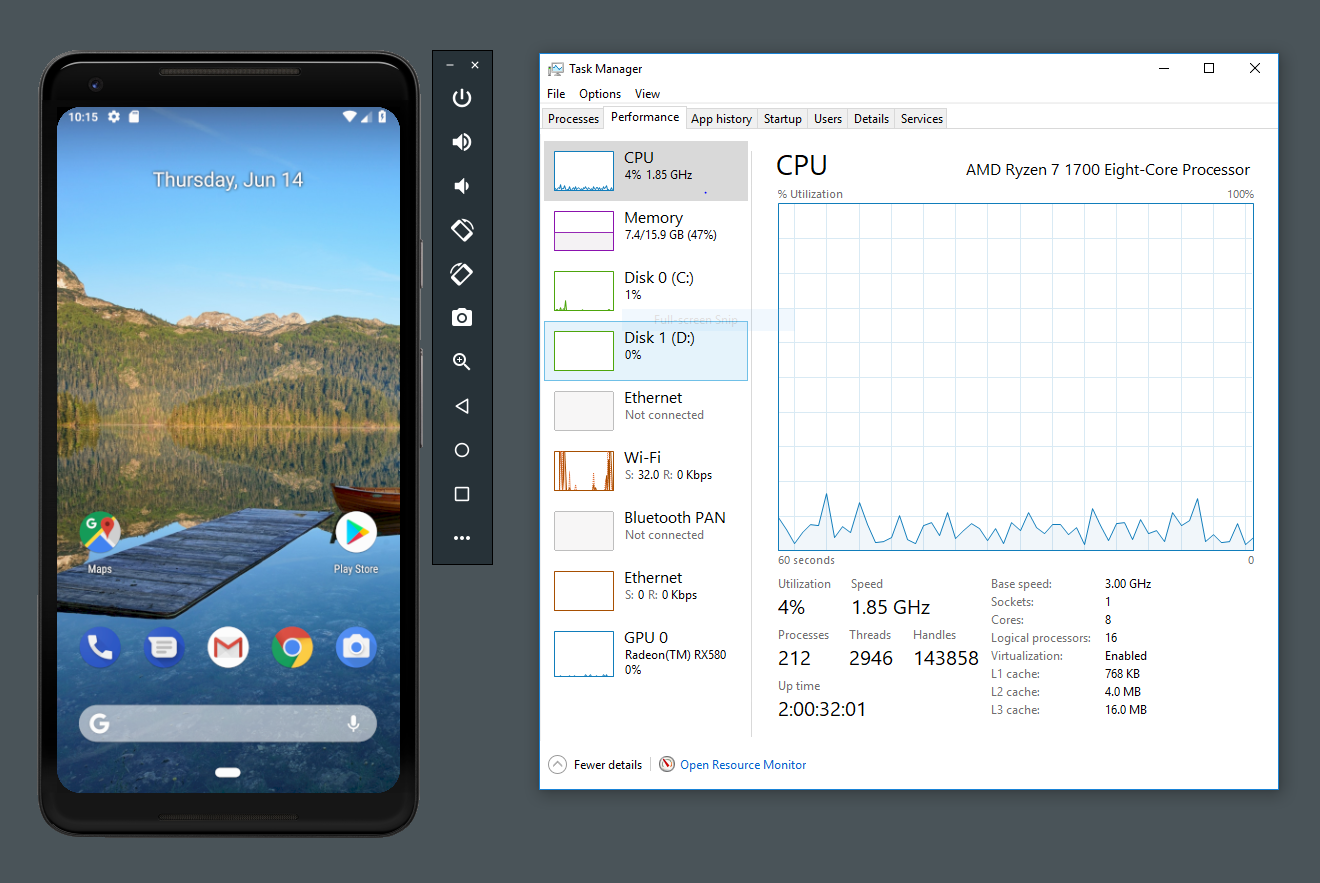
Quantum Computing Playground is a browser-based WebGL Chrome Experiment. You may be interested in Q# as other answers noted. However, emulating a QC on a normal machine is definitely possible. The dimension of the state space rises exponentially with the number of qubits ( $2^n$, where $n$ is the number of qubits), so the linear algebra you will be dealing with won't be too light – You'll encounter very large matrices and the algorithm you use (regardless of how efficient it is) will likely become exponentially-scaling pretty fast. Yes, it is possible to simulate a quantum computer on a normal one – But you most likely have to sacrifice efficiency. TL DR: it's possible, and some emulators exist, but none are very efficient for large amounts of qubits.

Reducing our aims for accuracy would allow us to decrease representation size, and therefore emulate more qubits with the same amount of memory.Īs our implementations get more accurate, they also get slower. Our evaluation shows that our implementations are very accurate, but at the same time we use a significant amount of additional memory in order to achieve this. And since it takes multiple binary bits to express a single qubit, the amount of computational power needed to simulate a quantum program gets large very quickly. To the best of my knowledge, there's no easily accessible quantum computer to use for running these things.

(In addition, Q# only works with MS's QDK, thanks downside to all of these is simple: they still run on binary (non-quantum) circuits. QCE also provides an environment to debug and execute quantum algorithms under realistic experimental conditions. QCE simulates the physical processes that govern the operation of a hardware quantum processor, strictly according to the laws of quantum mechanics.
Q emulator for mac software#
QCE is a software tool that emulates various hardware designs of Quantum Computers. The current state of the quantum register is illustrated. You can design quantum circuits with it and let them run. JQuantum is a program which simulates a quantum computer. QDD is unique in that the its emulation of quantum computing is based upon a Binary Decision Diagram (BDD) representation of the quantum state. QDD is a C++ library which provides a relatively intuitive set of quantum computing constructs within the context of the C++ programming environment.

There are a couple of existing (this is only a partial list) emulators:


 0 kommentar(er)
0 kommentar(er)
